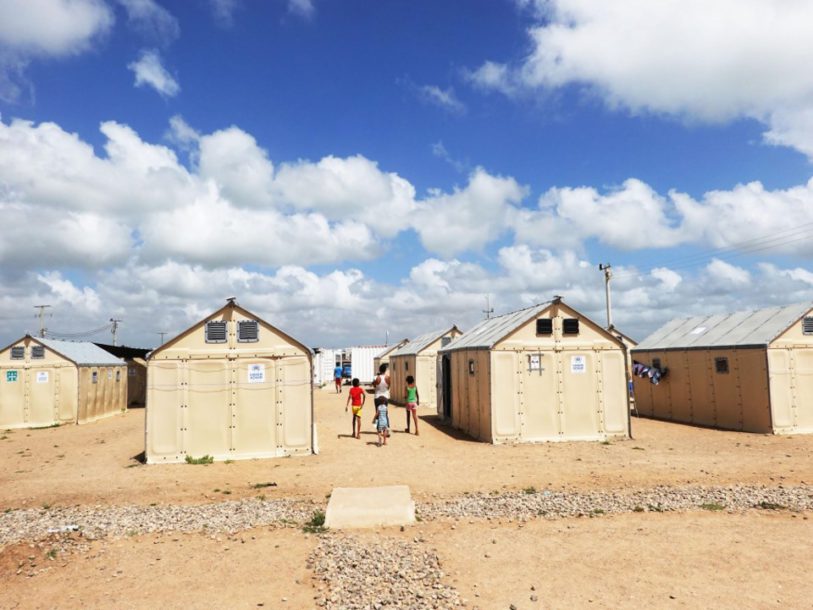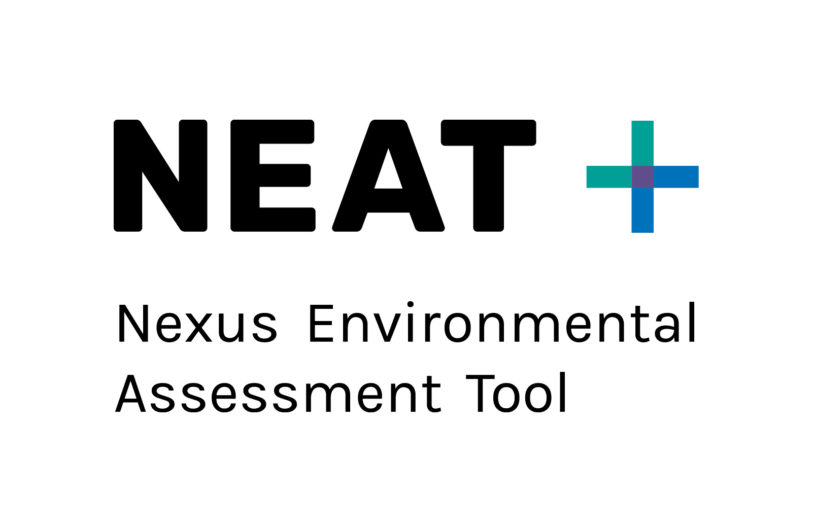This report presents the results of an environmental scoping mission using the Nexus Environmental Assessment Tool (NEAT+) by the UNEP / OCHA Joint Environment Unit (JEU) and the UN Refugee Agency (UNHCR) to the Integrated Assistance Centre (Centro de Atención Integral, or CAI) in Maicao, northeastern Colombia.
The purpose of the mission was to highlight key areas of environmental risk in UNHCR’s programming in the CAI and neighbouring Chichituy host community while applying and promoting the Nexus Environmental Assessment Tool (NEAT+). The mission took place from 4 to 13 November 2019 and was financially supported by UNHCR, UNEP and OCHA.
Key findings and recommendations cover programmatic, strategic and external advocacy relevant recommendations. These encompass the need to increase and prioritize environmental education (waste management and lack of social cohesion), switching to green energy solutions, reducing disaster risk from flooding and soil erosion (through drainage systems as well as nature-based solutions), and enhancing the current community engagement and accountability mechanisms in place to promote social cohesion.


